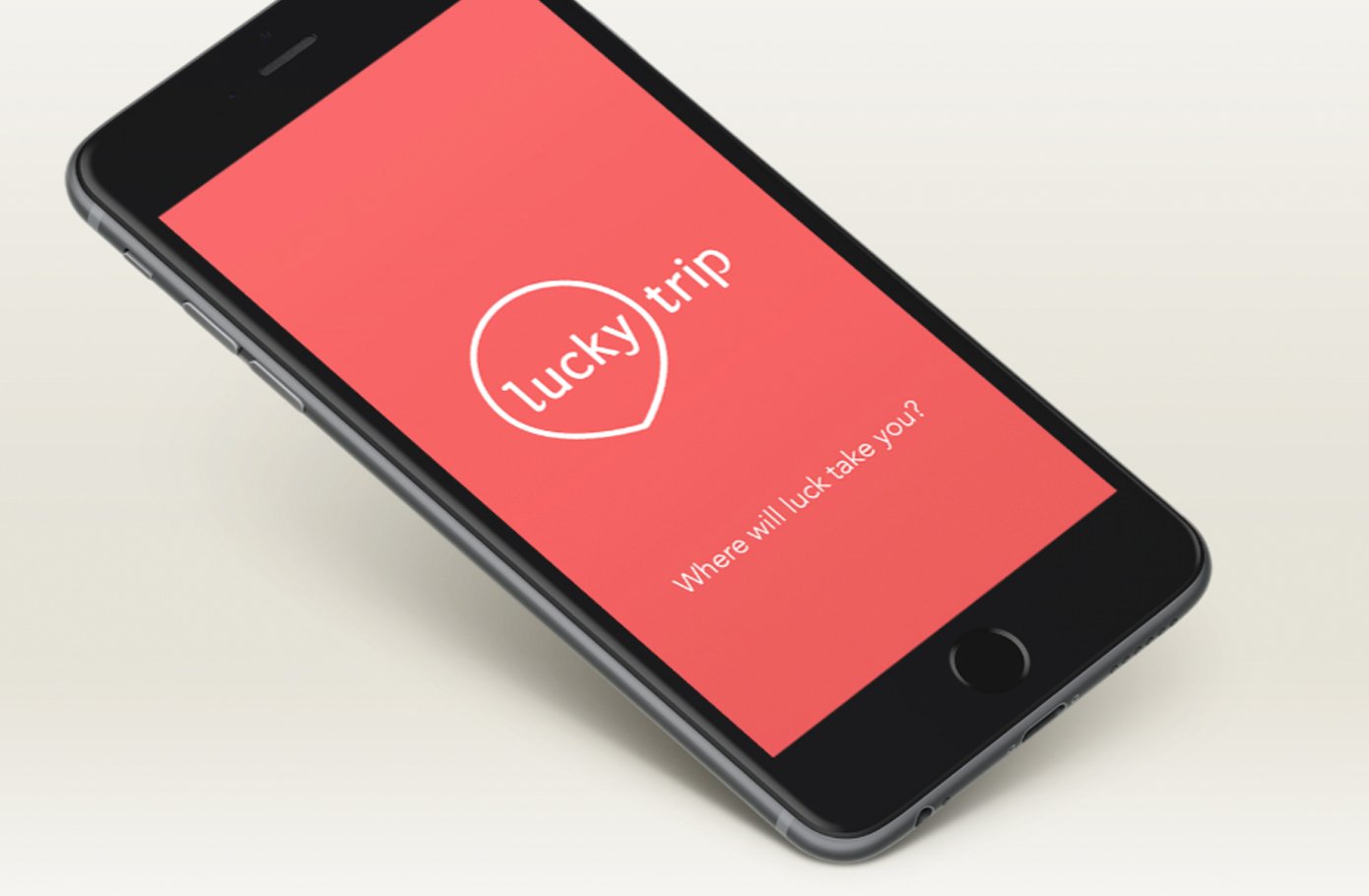Using tech to build a disruptive brand, the easyJet way.
January 15, 2019

Can investments in travel tech really pay off for leisure travel brands? In the case of easyJet, the answer is yes.
Back in 2016, the European leisure travel airline easyJet announced that it would partner with a UK-based business incubator to invest in high-tech startups. Then in early 2017, the airline followed through with investments in two young companies, Flio and LuckyTrip.
Flio
Flio bills itself as “The Global Airport App” that covers all passenger needs—flight status and gate change updates, airport guides, and more. Users even get special offers on everything from parking to airport lounges and “Day Use” hotel rooms.
Flio seems to have found success by focusing on the needs of frequent business travelers. It has surpassed 750,000 users who take an average of 20 trips per year, making it a valuable potential partner for anyone targeting frequent travelers. Several airlines, including easyJet, have integrated Flio’s services into their own apps. As of late 2018, the app has grown to become the most used airport app in the world.
LuckyTrip
If you love winter travel and are seeking a taste of outdoor adventure, you might not know that you want to spend your next vacation in Bled, Slovenia. Fortunately for you, LuckyTrip does.
As profiled on the /Explore Podcast, LuckyTrip was created to tap into the emerging “experience first” approach that young travelers take when booking a trip. Instead of typing in travel dates and specific destinations, users search by budget and desired experiences. The LuckyTrip engine then serves up potential trips—complete with flights, accommodations and suggested activities—which you can then book in one click.
In 2018 easyJet fully integrated the app into its own mobile booking engine, giving users a frictionless booking experience for their next travel experience.
More to come...
The payoff for easyJet is clear: an airline that launched as a disruptor in the aviation industry continues to build on that brand image by partnering with disruptors in travel tech. between these two unique platforms, easyJet has found new ways to build relevance with two very different travel segments. And by getting in on these companies early, the financial exposure is relatively small.
And the leisure travel brand isn’t done yet. Investments in three additional start-ups were announced in 2018: Sumo, which uses simulation algorithms and machine learning to forecast flight delays; Car and Away, which is basically an Air BNB for cars; and WeTrip, a group travel booking platform.
We’ll keep an eye on these disruptive travel tech brands in the months ahead.



